


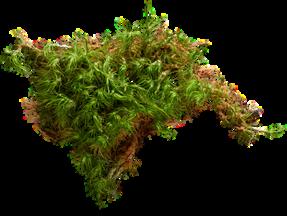





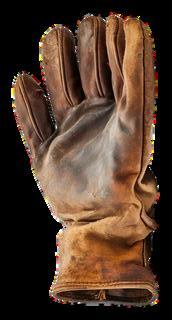

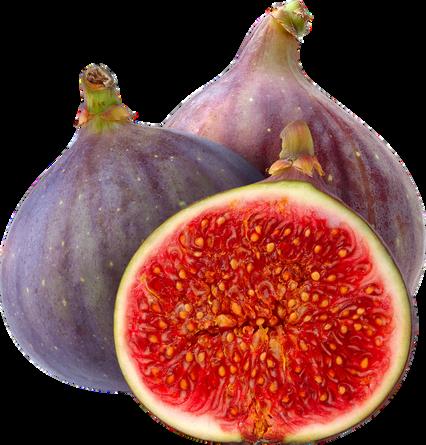




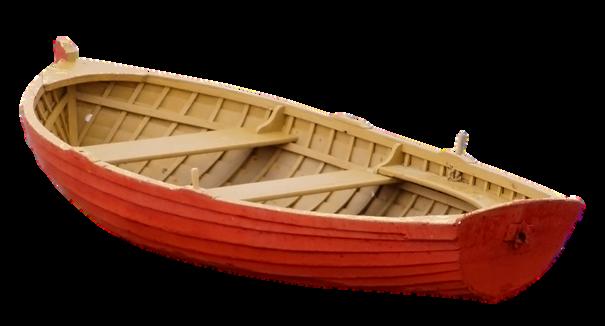
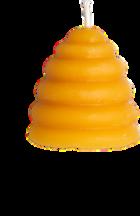


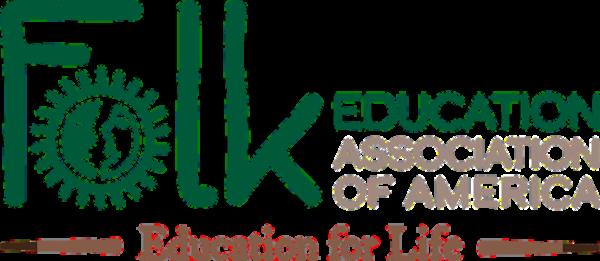
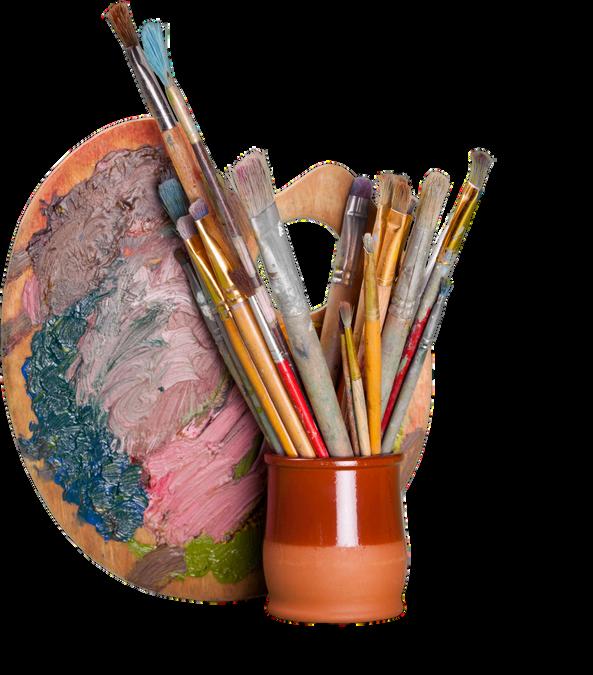

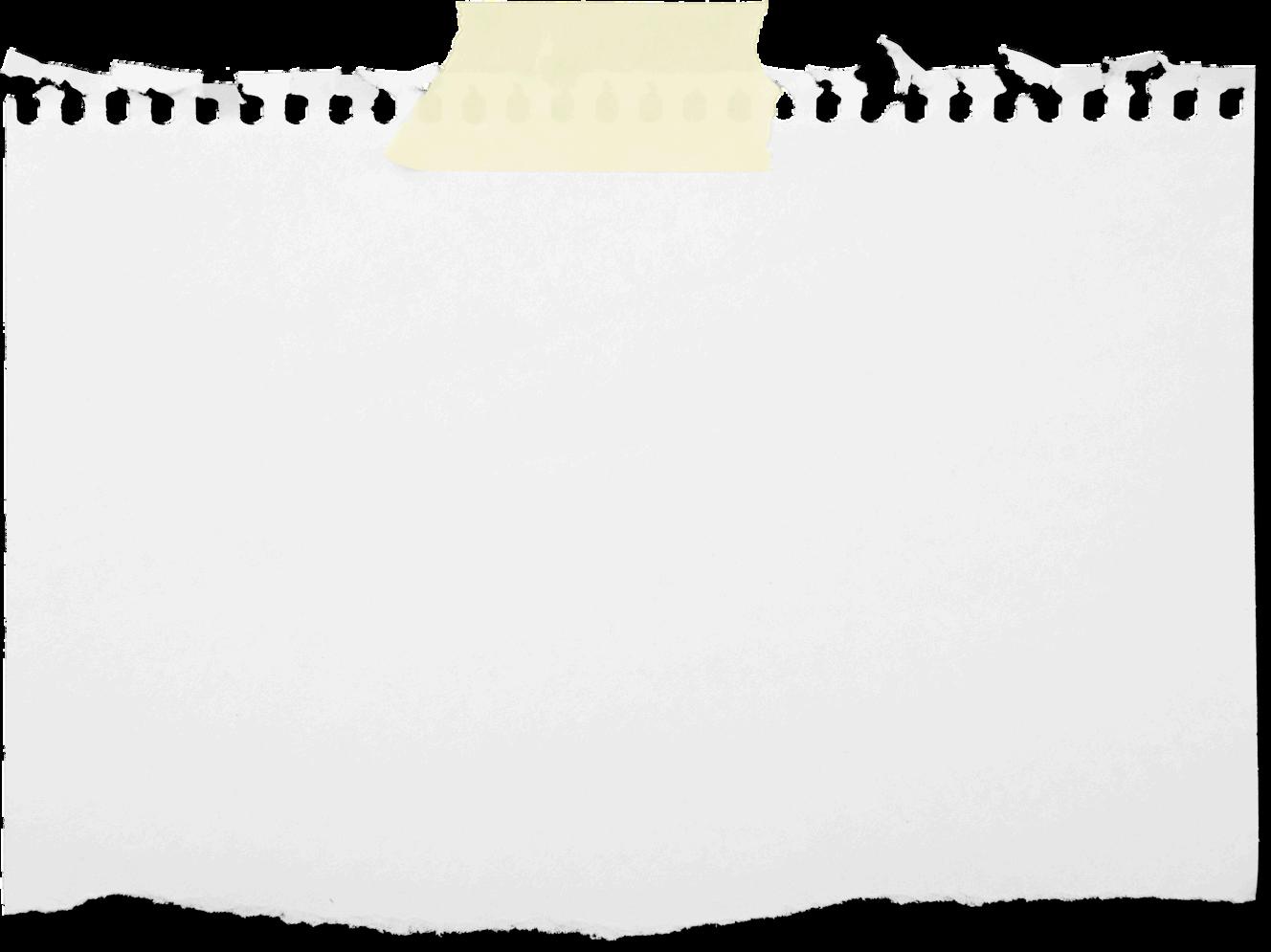
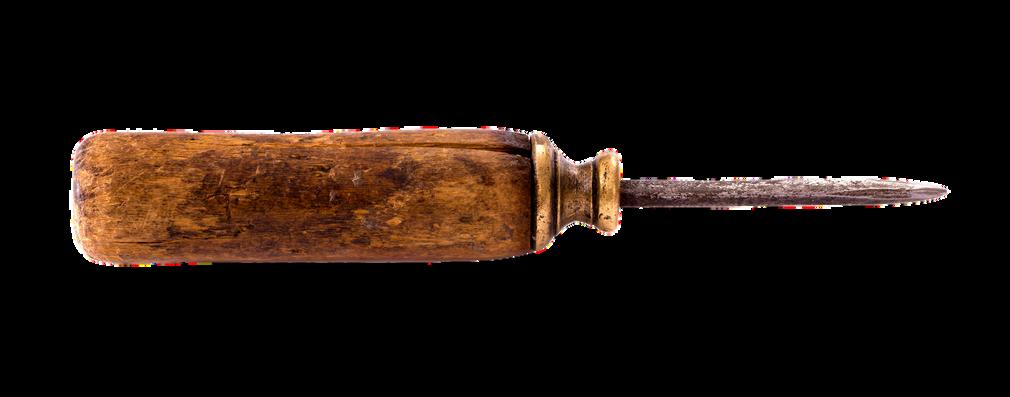
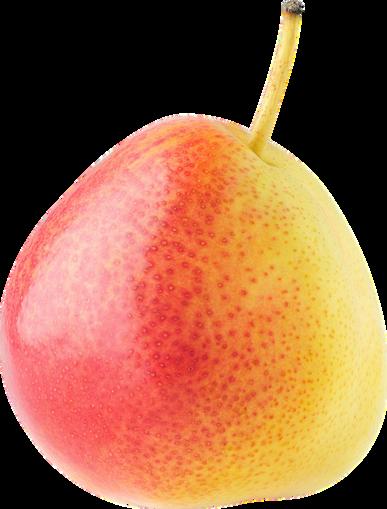
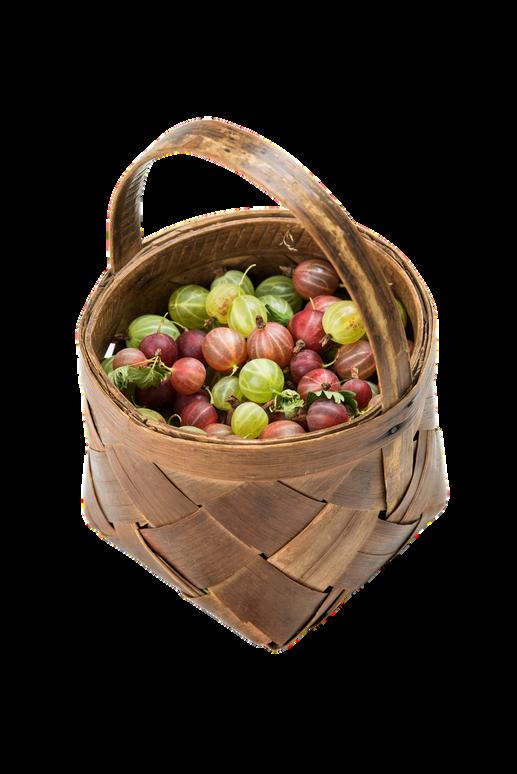

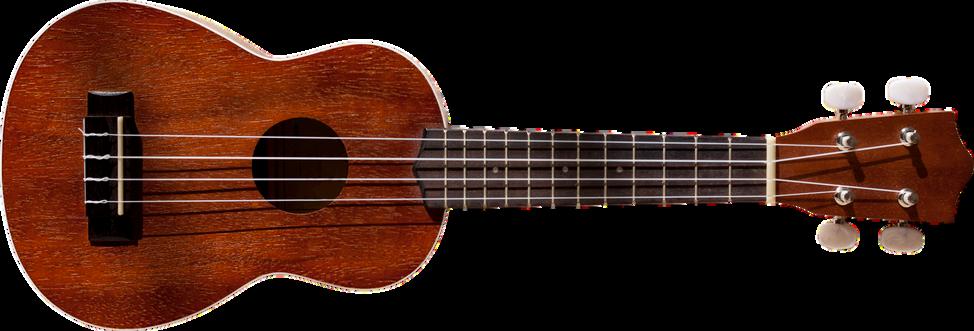

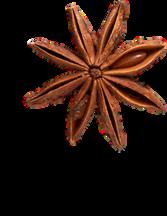

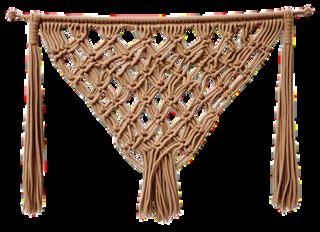
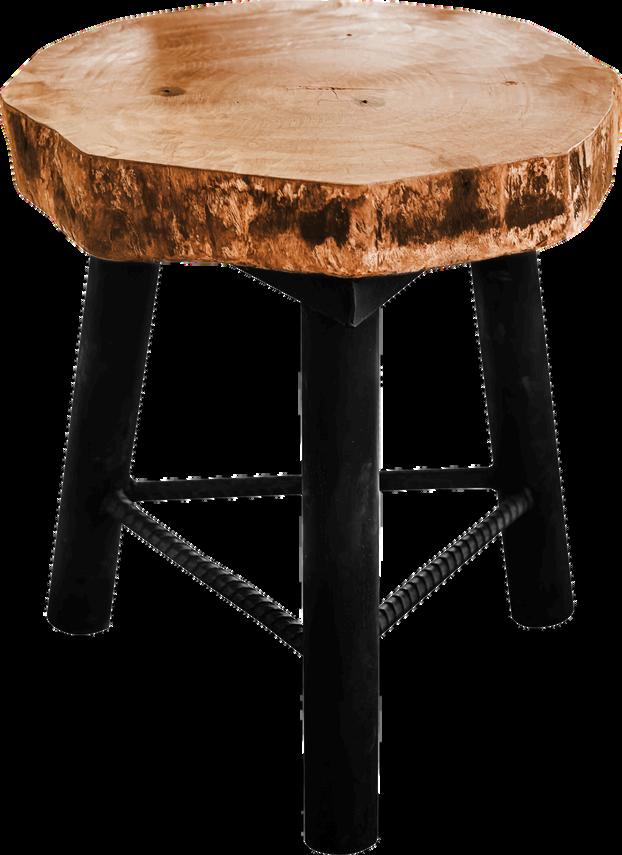
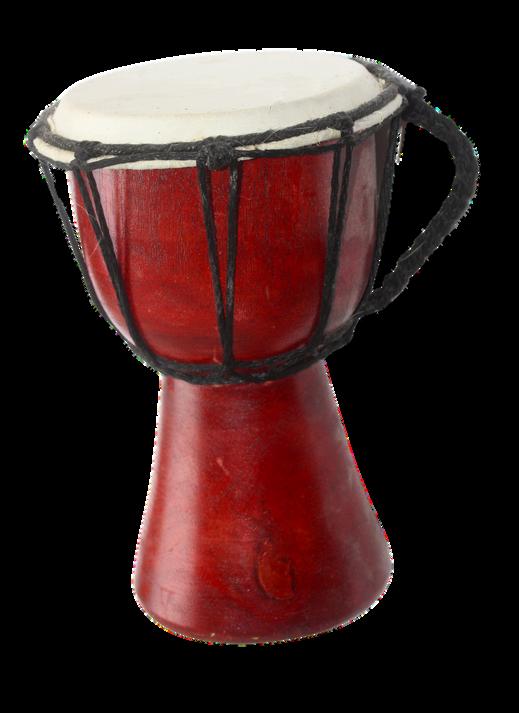
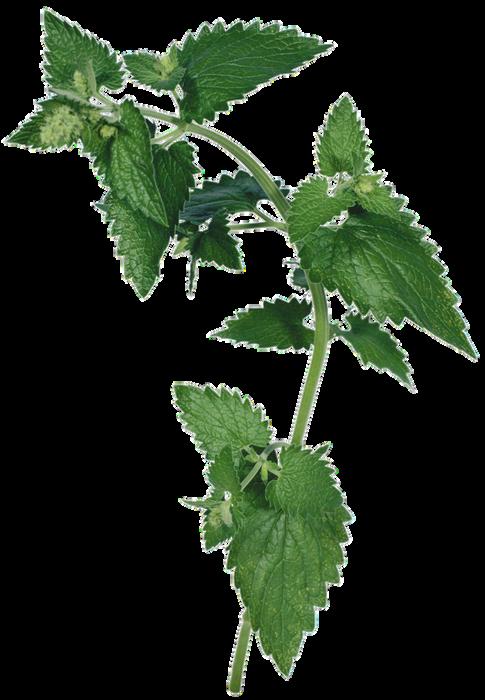





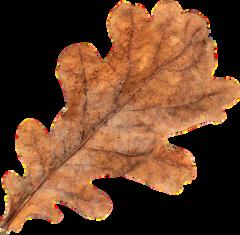
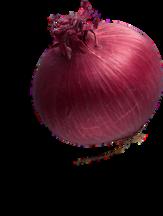
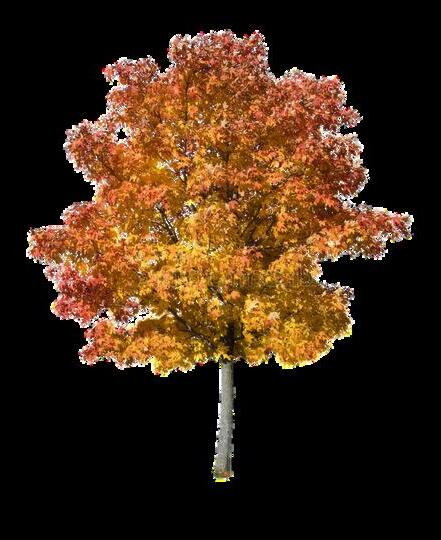
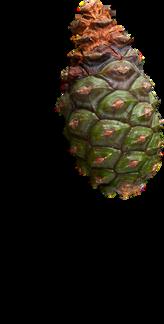

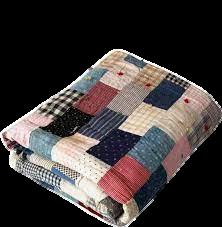

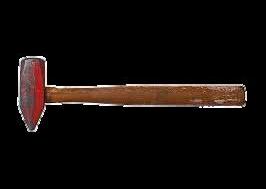
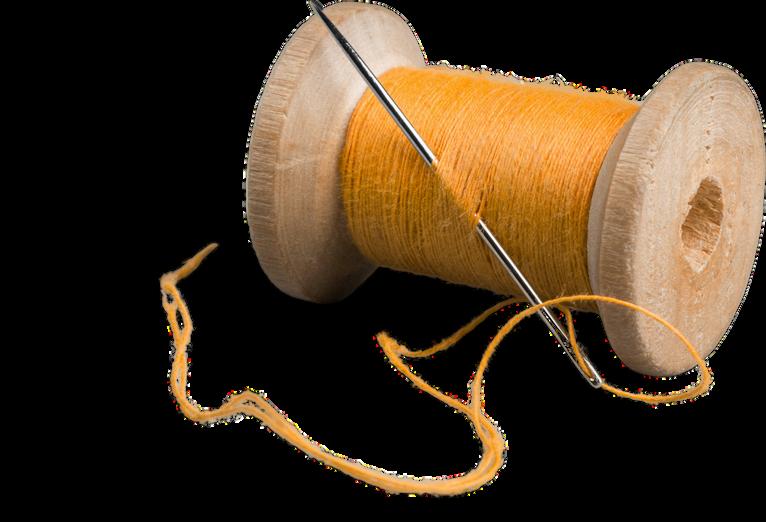
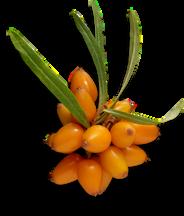

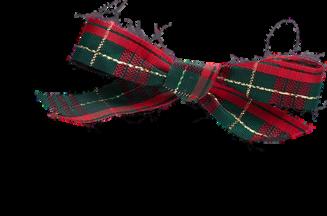
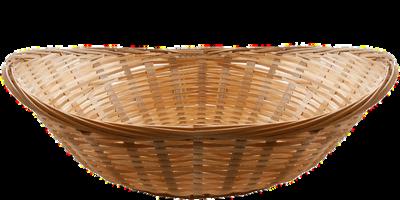
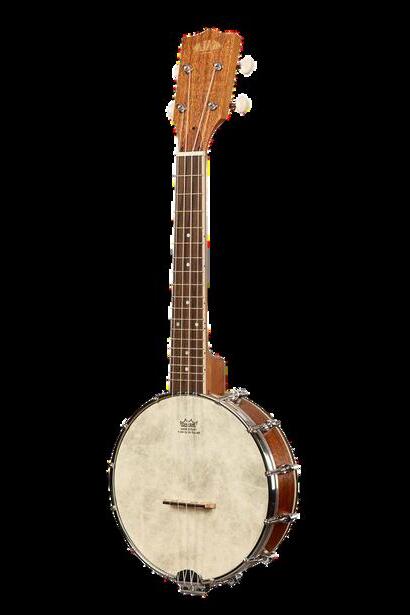
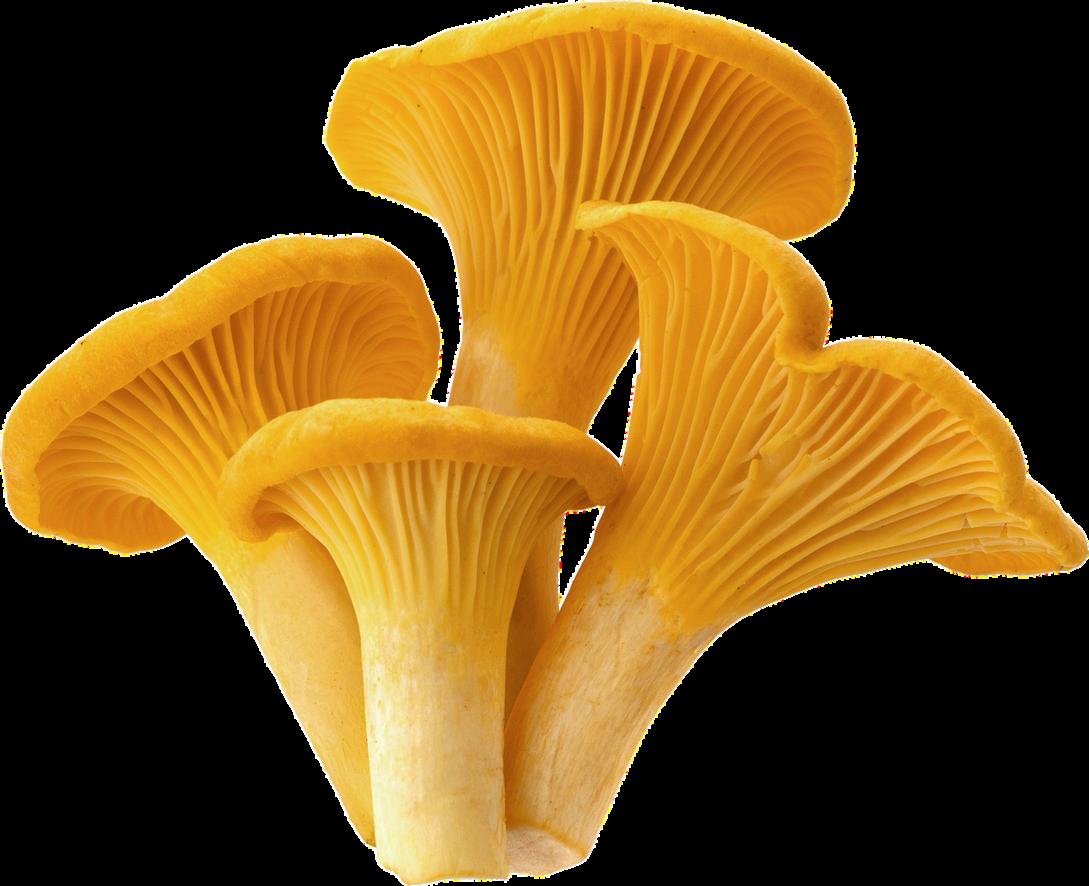


ANNUAL
REPORT 2023
“Stick your finger down into the ground and smell where you are! This is where the needs of the people are found, which can be different in different times and places.
Where this meets the abilities of the teacher, there lies the folk school’s calling.”
Ludwig Schroder, 1872
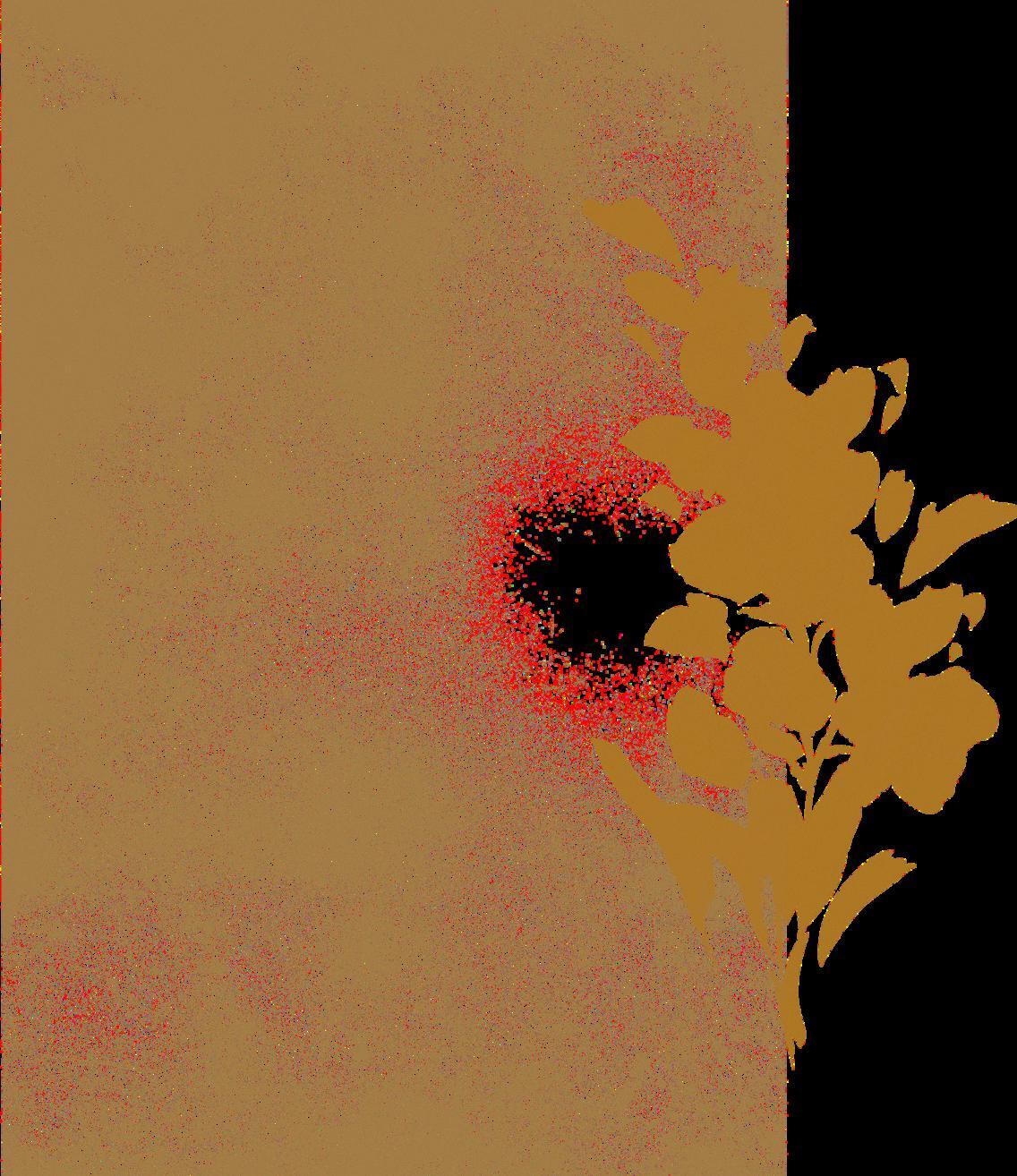

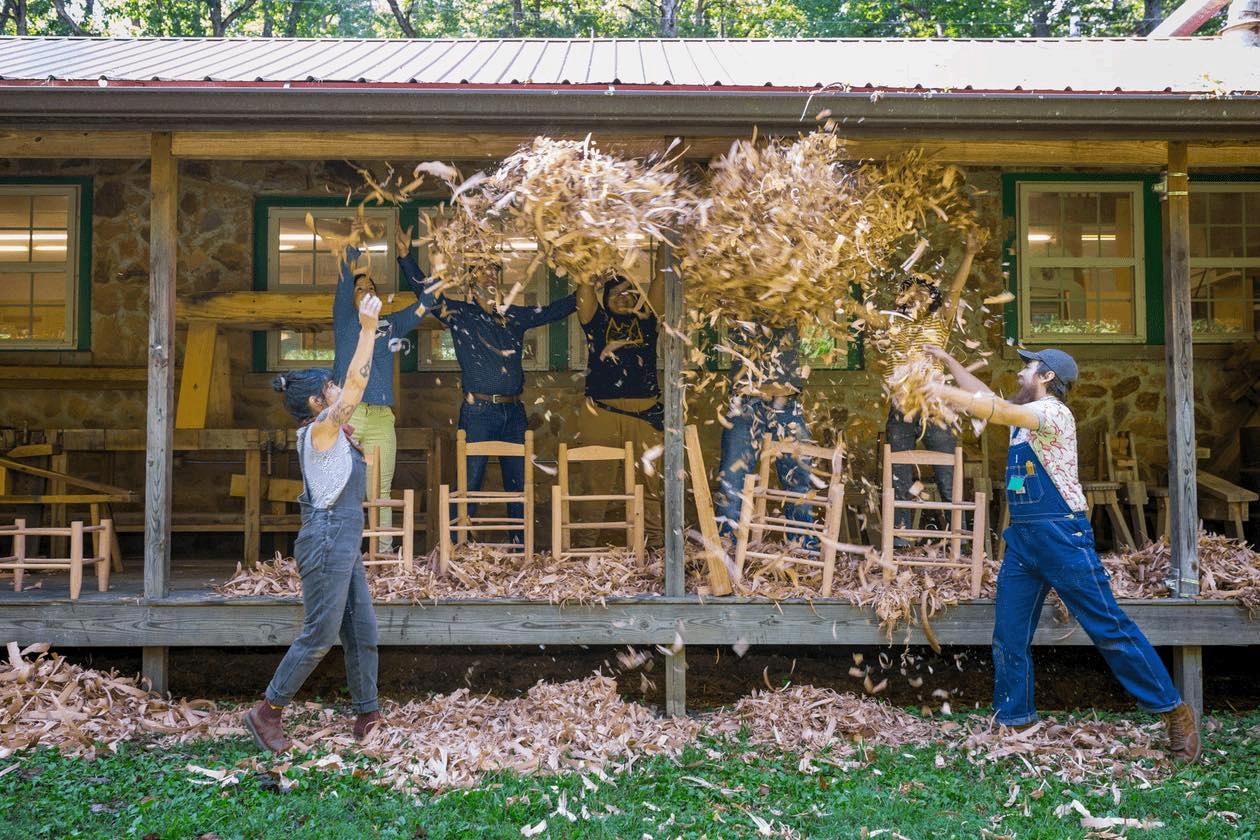
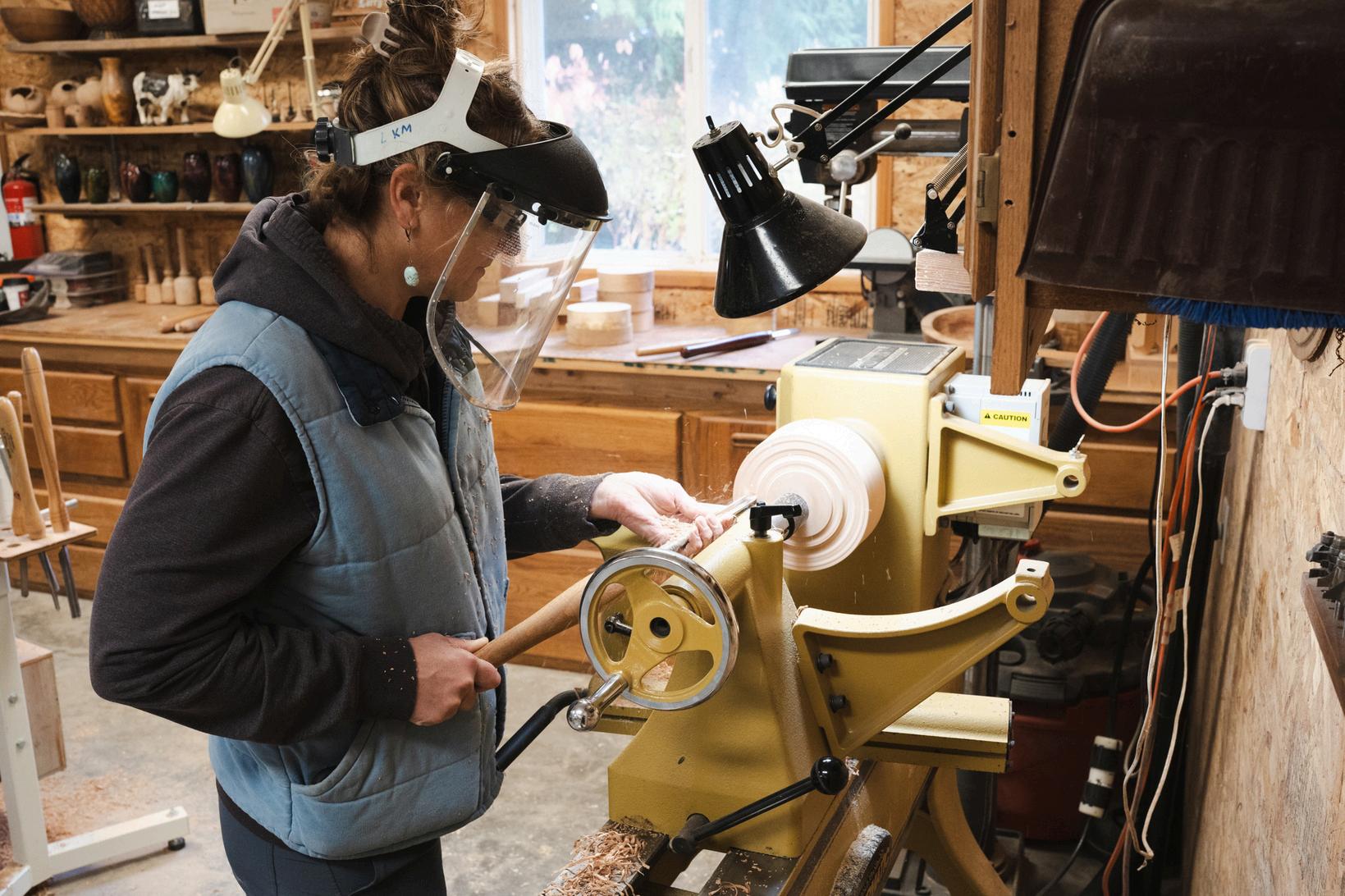
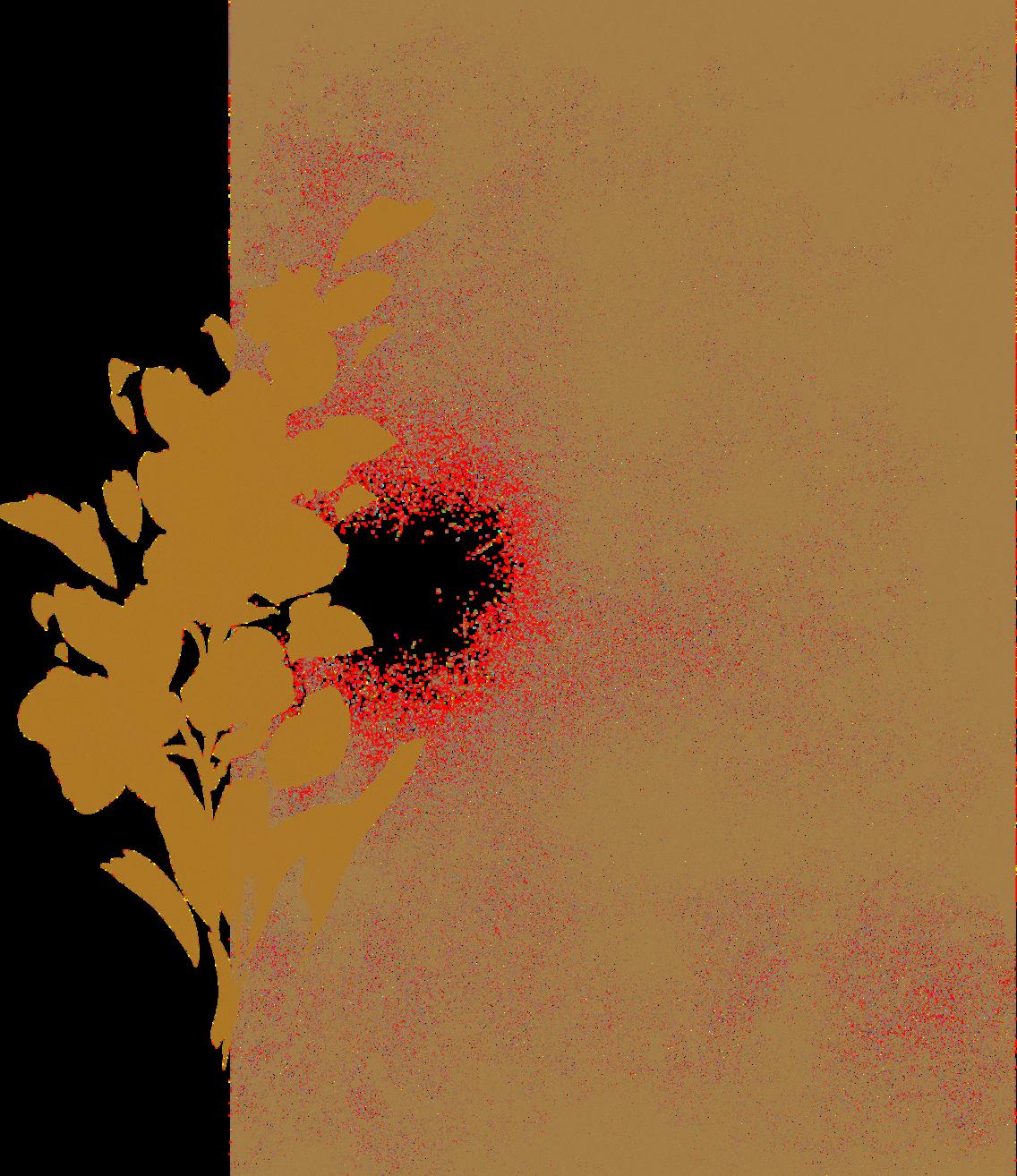
 photo credit: John C Campbell Folk School
photo credit: Arbutus Folk School
photo credit: John C Campbell Folk School
photo credit: Arbutus Folk School
FEAA supports education as a tool in working toward economic equality, workers’ rights, antiracism / sexism, environmental restoration and protection, as well as alternatives to environmental racism, militarism, and the weakening power of people’s voices in the face of unaccountable politicians and corporations.
The FEAA's commitment to this statement over the years has remained strong. As our capacity has grown, so has our reach and our ability to impact social change; however, we do not believe we have done enough, particularly concerning inclusion and elevation of BIPOC voices within the folk education movement.
We can and will do better! As we move into future phases of our work, we challenge ourselves and those we support to expand the reach of our work, include all those that reside and work within our communities, and make our centers of folk schooling and folk education ones where interethnic / intercultural, antiracist allegiances may be cultivated and thrive.






PAGE 05 07 09 11 13 14 15 16 17 19 Letter from FEAA President A brief history of Folk Schools Folk schools in America today What does the FEAA do? The Folk Education Network Project 2023 Highlights Financial Statement of Activity Board and Staff Thank You Resources
OF CONTENTS
OF CONTENTS Folk Education Association of America Annual Report
TABLE
TABLE


LETTER FROM FEAA PRESIDENT LETTER FROM FEAA PRESIDENT
In this Annual Report, you will find numerous goals the Folk Education Association of America (FEAA) achieved. Since the founding of the FEAA in 1976, the non-profit organization has supported the Folk School Movement through various means and growth. Despite the world challenges of 2023, I am pleased that the FEAA was able to continue these efforts by offering much-needed community engagement and support at new and rewarding levels.
and the “WA State Living Traditions Corps Planning,” co-facilitated by the Folk Education Association of America and the WA State Parks Folklore Program.


Much like the addition of The Folk School Alliance in 2014, new grantfunded projects have supported the continued expansion of new folk schools in the USA and Canada. Critical projects launched in 2023 include the “Singing in Community and Nurturing Local Song-Leaders,” facilitated by the Center for Belonging Folk School; “Bridging and Bonding,” co-facilitated by the John C Campbell Folk School and the Smithsonian’s African American Craft Initiative;
Numerous Folk Schools, organizations, staff, donors, and the FEAA Board of Directors have developed and supported these critical programs. I appreciate all the commitment and hard work that brought these projects to the “table.” Much like the activity around your dining table, the FEAA and Folk Schools work to bring people together through conversation, lifelong learning, and community engagement. Whether a young child experiences noncompetitive learning for the first time or a cultural bearer shares their knowledge with individuals eager to learn,
Folk Schools change
lives.
Folk Education Association of America Annual Report
I am thankful for the many organizations and individuals that supported the FEAA in 2023 through program participation, memberships, or financial support. Suppose you are unfamiliar with Folk Schools or have had limited contact with the FEAA. In that case, I invite you to explore our mission of “promoting humanistic personal development, understanding of one's own and other's cultural diversity, and commitment to community growth.”
The FEAA has plenty of room at our table, so I invite you to join us by

supporting folk education and participating in our ongoing programs in 2024. In addition, I encourage you to explore the opportunities at the sixtyfive Folk Schools included on our website.
I wish you 2024.
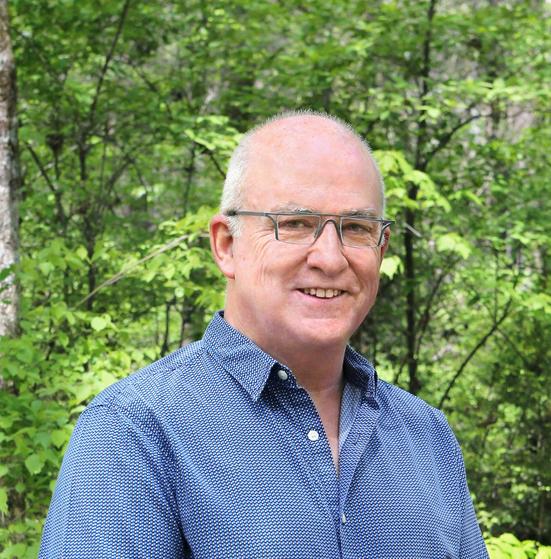 Jerry Jackson
Jerry Jackson





Folk Education Association of America Annual Report
photo credit: Center for Belonging
Folk School


A BRIEF HISTORY OF FOLK SCHOOLS A BRIEF HISTORY OF FOLK SCHOOLS
The Folk School movement finds its roots in 19th century Denmark, with Nikolai Frederik Severin (NFS) Grundtvig whose vision for education is credited with supporting Denmark’s successful transition to democracy. Grundtvig was a philosopher, poet, theologian, educator, historian, composer of hymns, translator, and social critic. Education, however, was one of his primary concerns. He wanted education to instill a pride in national culture and a love of learning that would be lifelong. “Schools for Life” as Grundtvig called them were to assist people in understanding their own identity and to strengthen and empower communities.
2.) The principle of folkelighed, offers an alternative to nationalism. It is a form of patriotism that values culture and identity while emphasizing that other nations and cultures are equally as valued.
3.) Education should be for all aspects of life and lifelong.
4.) The movement that gave rise to folk schools was local, decentralized, and grassroots.

Steven Borish, a Grundtvig scholar, proposes four lessons that folk schools have to offer:
1.) Real education begins with the communication of a sense of personal mission and purpose, and the belief that everyone has the ability to acquire the skills and knowledge to accomplish that mission.

The United States is experiencing a resurgence of folk schools. In the last five years, many new folk schools have been founded. In this context, folk education offers the possibility of revisioning local life, culture, and social ecology.
The varied manifestations of Folk Schools in the U.S. today reflect a hope for making a transition from an unsustainable industrial society toward sustainable, post-modern societies.
Folk Education Association of America Annual Report


Folk schools connect and build a myriad of community resources, and they capitalize on networking and collaboration at its finest. Folk schools can provide much needed enrichment and balance to public schools during an era of enormous pressure for academic and intellectual achievement.
Folk schools around the United States:
Offer a local, place-conscious educational experience.
Build collaborations and networks among diverse community groups and organizations. Build on local strengths.
Build appreciation of local culture and agriculture.
Encourage a recovery of local voice, empowerment and cultural memory.
Emphasize, dialogue, conversation, and relationships.
Offer the expression of an alternative educational paradigm, one that is collaborative, noncompetitive, experiential, and holistic.
Provide a context for diverse groups to come together for shared learning.
Provide a context for the presentation and discussion of local issues. Inspire local economic initiatives that support the local economy.



Folk Education Association of America Annual Report
photo credit: Folk School Fairbanks
FOLK SCHOOLS IN AMERICA TODAY FOLK SCHOOLS IN AMERICA TODAY
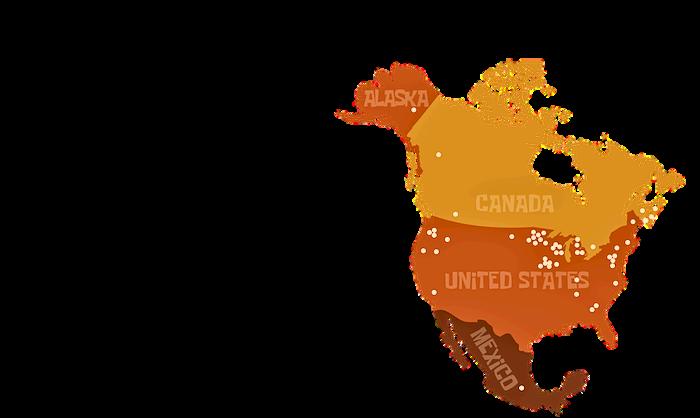
member testimonial:
“The FEAA is to folk schools what a folk school is to its community The FEAA helps us feel more at home and connected in the small world of folk education. We appreciate the resources it offers & the opportunity to network and share successes and challenges with other small folk schools”
Lucy Soderstrom Ely Folk School, Ely, Minnesota elyfolkschool org
67 SCHOOLS
member testimonial:
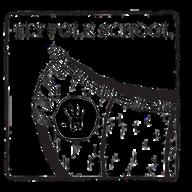
150+ FEAA MEMBERS
“Please know how grateful I am to have had you and the FSA during my 5+ years at Shake Rag Alley especially during the 2020 pandemic months when
the CoP meetings were so therapeutic. Those meetings and the FSA peer dialogue were critical to helping me advise our Board on best practices for moving forward rather than shutting down - both literally and emotionally!”
Sarah
Lomasz Flesch former member of the Community of Practice

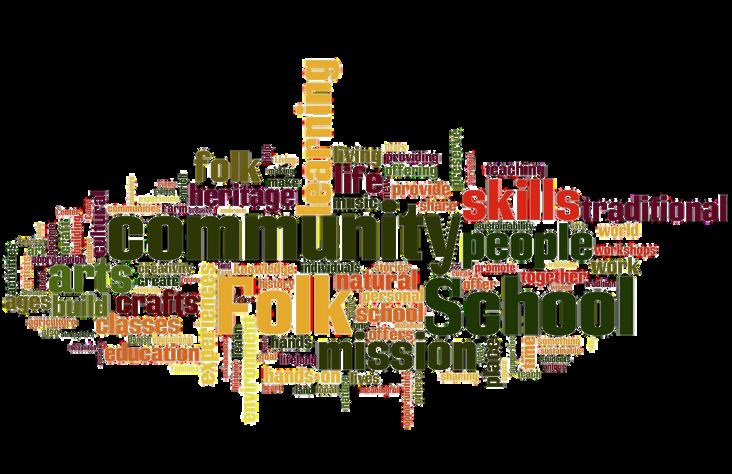



C
3
O U N T R I E S

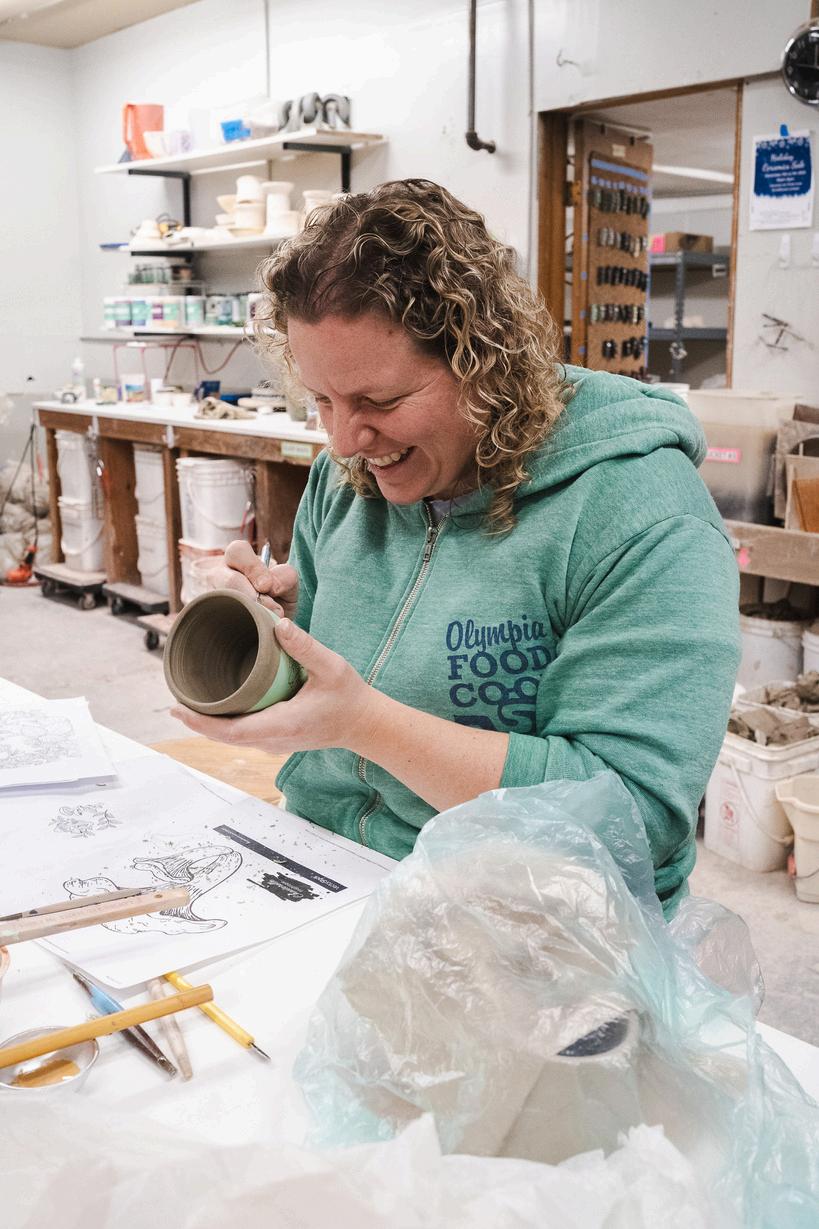
 photo credit: Arbutus Folk School / Courtesy of Julie Stutzman
photo credit: Arbutus Folk School / Courtesy of Julie Stutzman




What does the FEAA do? What does the FEAA do?
01
EDUCATION AND TECHNICAL ASSISTANCE
Communities of Practice - group of people who share a common concern, a set of problems, or an interest in a topic and who come together to fulfill both individual and group goals, and often focusing on sharing best practices and creating new knowledge. Interaction on an ongoing basis is an important part of this.
Folk School Alliance Community of Practice meetings are sponsored by the Folk Education Association of America and occur every month on the 4th Tuesday with the exception of July and December, when no meetings are held. Offered free of charge to members.
Educational Webinars - 2023 topics include ‘Understanding Grundtvig’ and Measuring Impact with Life.School.House.
Organizational Development Coaching with Dawn Jackman Murphy (offered free of charge to members)
02 PROMOTION
Partner podcast episodes in USA and Denmark
Sharing resources and network support via social media - Instagram and Facebook
Networking with like-minded organizations and publications, including Church and Life, The Bridge, Midwest Living, and Craftsmanship Quarterly.
Distribution of brand new posters and rack cards (rack card shown on right)
Online store with t-shirts, books, stickers, and more!
03 RESEARCH
Folk Education Network Participatory Action
Research Grant, funded by AmeriCorps Office of Research and Evaluation (more information on page 10)
Living Traditions Corps AmeriCorps Planning Grant 05 IN-PERSON CONVENINGS 04 INTERNATIONAL RELATIONS
Co-conspiration with several international organizations, including the Grundtvig Forum, Global Network for Folkhighschool Research, Bildung Network, and the Association for World Education
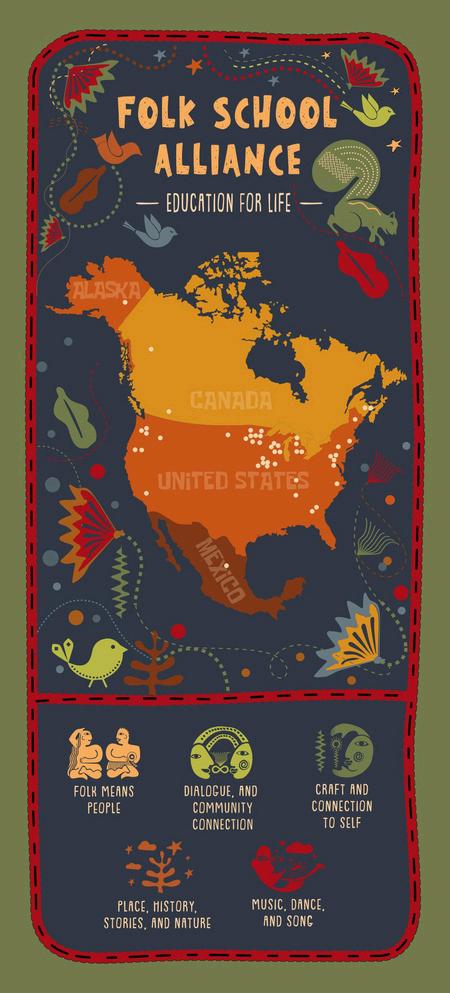
FEAA Conference in 2025! Folk Education Association of America Annual Report
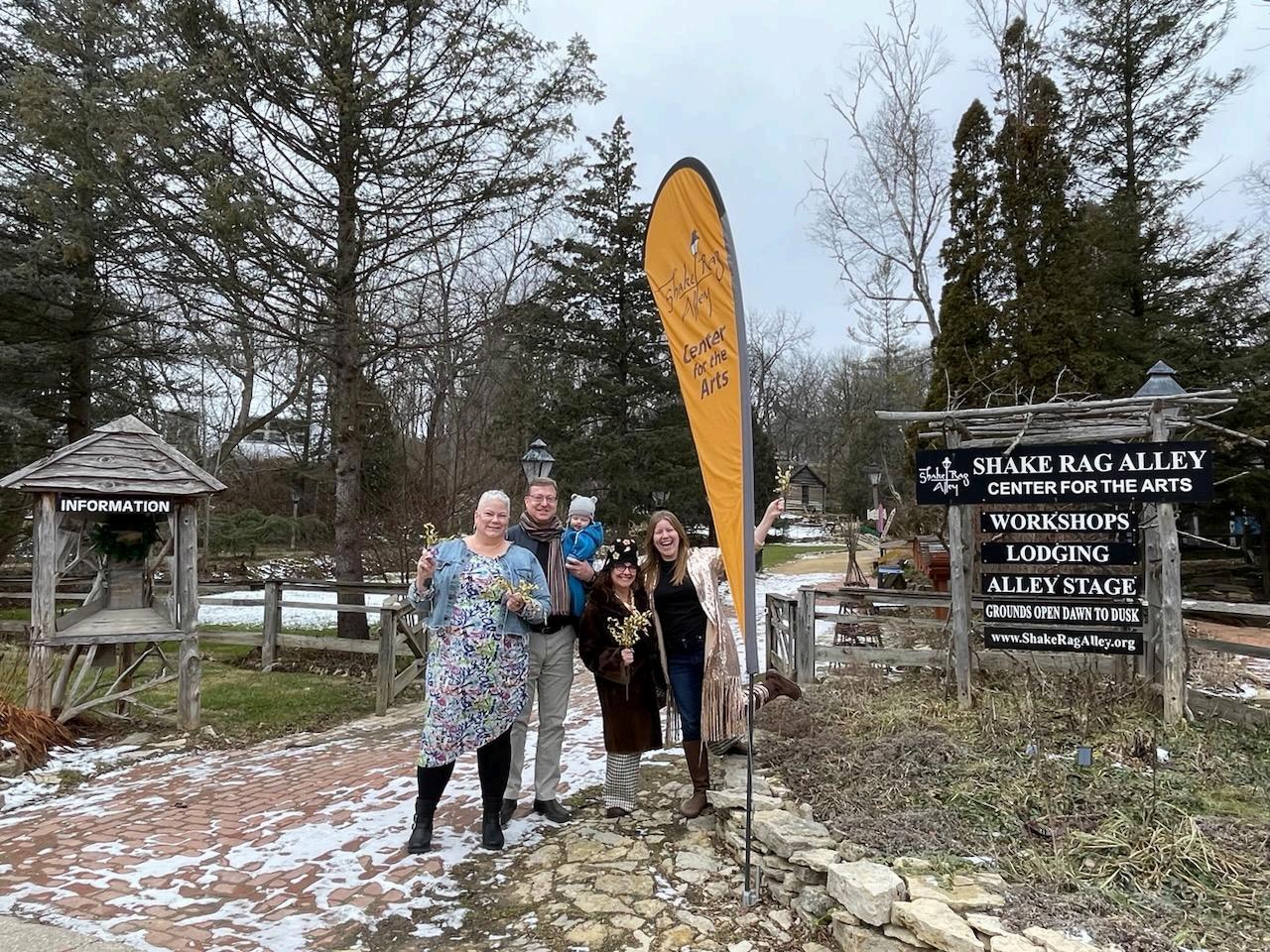
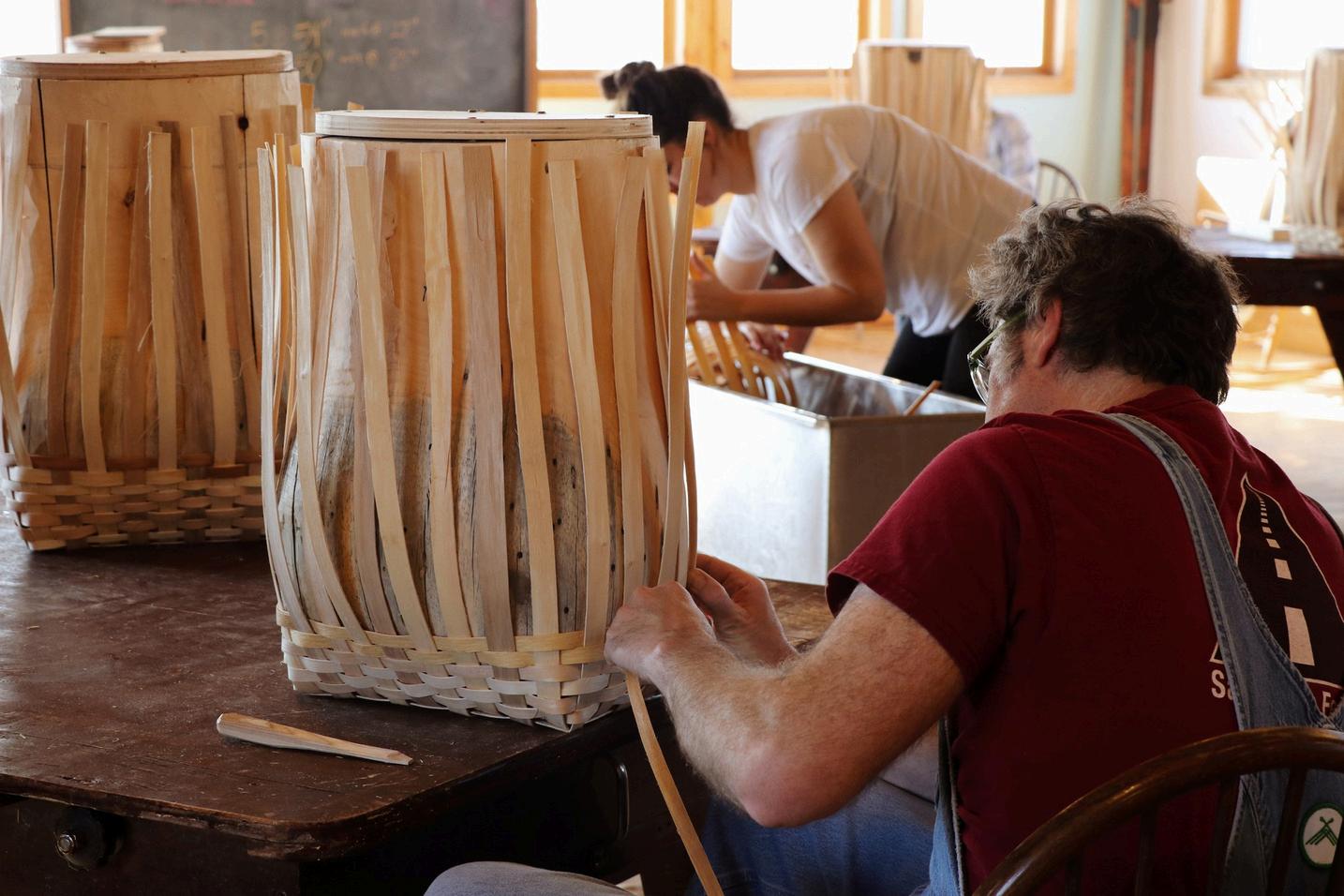

 photo credit: North House Folk School
photo credit: Shake Rag Alley Center for the Arts
photo credit: North House Folk School
photo credit: Shake Rag Alley Center for the Arts


FOLK EDUCATION NETWORK PROJECT
01
SINGING IN COMMUNITY AND NURTURING LOCAL SONGLEADERS
Throughout 2024, the Center for Belonging Folk School will host and facilitate a series of community singing leadership and listening experiences! These experiences will provide valuable insights, resources, and practical techniques to integrate the power of song into folk schools. We hope that this project seeds an expansion of community singing through folk schools. Interweaving song into the daily rhythms of folk schools; Creating belonging and well being through song; Supporting communities to better cooperate across differences; and Ensuring song leaders and singing have a place in folk schools.
02
BRIDGING AND BONDING: AN AFRICAN AMERICAN CRAFT ALLIANCE AND JOHN C CAMPBELL FOLK SCHOOL PARTNERSHIP
The Bridging and Bonding collaboration aims to increase access, opportunity, and visibility for African American craft artists at the John C. Campbell Folk School (JCCFS) and beyond. JCCFS and the new African American Craft Alliance (launched in 2020 as the Smithsonian’s African American Craft Initiative), will work together to develop a scalable and replicable model for equity and inclusion at folk schools through community building and learning exchange opportunities, culminating in a large-scale convening at JCCFS in 2025. Over the course of the project, activities and resources will be developed to improve social cohesion and collaboration within the folk schools and beyond, leveraging a community-based approach to sustainable change.
03


LIVING TRADITIONS CORPS: A WASHINGTON STATE FOLK
SCHOOLING AMERICORPS PROGRAM PLANNING PROCESS
During 2023-24, the Folk Education Network is partnering with AmeriCorps, Washington State Parks, and other partners to develop a Folk School-like model for civic engagement. The goal is to reduce rural isolation and increases community health through building connections and networking resources. This planning grant, funded by AmeriCorps, will develop a three-year operation grant proposal to identify and connect sites, partners, needs, and AmeriCorps members to hold community gatherings, and develop and expand a replicable model that can be used in other states with a variety of partners.
Folk Education Association of America Annual Report

2023 HIGHLIGHTS 2023 HIGHLIGHTS
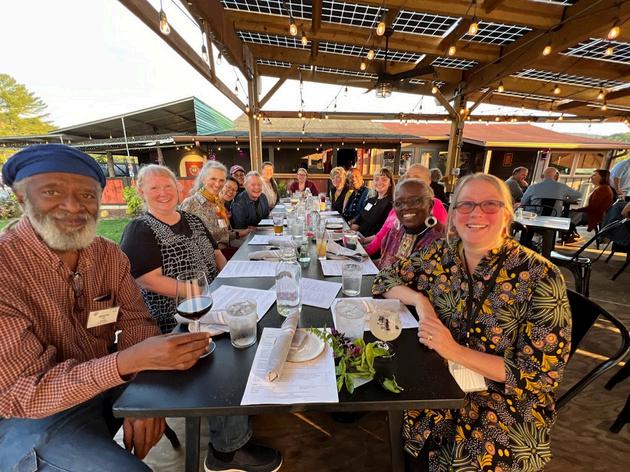
FEN Grant Convening at John C. Campbell Folk School, September 2023
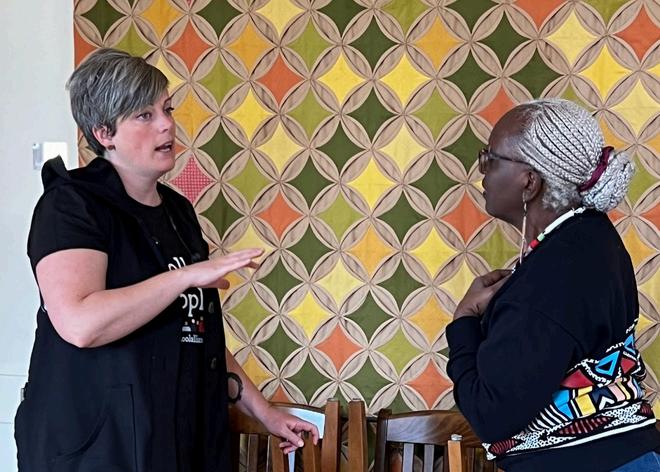
Community of Practice attendance rose by 76.47%
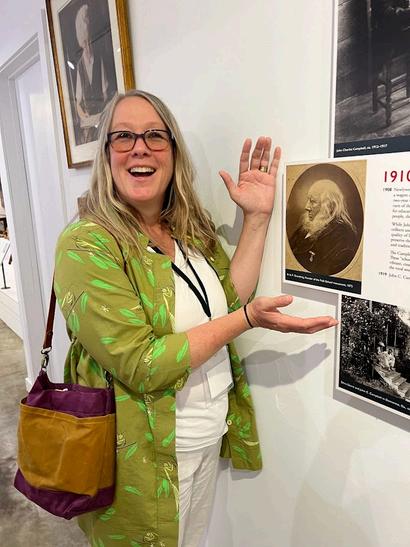
$4,050 WORTH OF ORGANIZATIONAL COACHING SERVICES OFFERED FREE OF CHARGE TO MEMBERS IN 2023, WE GAVE
27 hours OF COACHING WITH 23 groups



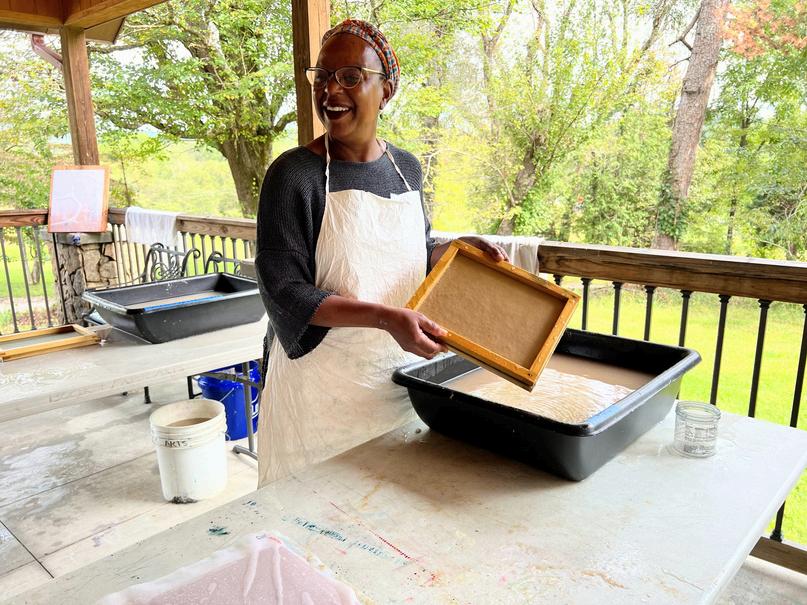
0 5 10 15 20 25 30 Jan2023Feb2023Mar2023Apr2023May2023Jun2023Aug2023Sep2023Oc
Folk Education Association of America Annual Report
January 1, 2023 - December 31, 2023
$155,917 $1,500 $810 $1,121 $159,783 $105,368 $54,538 $966 $160,872 (-$1,089)


STATEMENT OF ACTIVITY STATEMENT OF ACTIVITY
INCOME Individual Contributions Amazon Smiles Restricted Grants Membership Webinars Retail Sales -------------------------------Total -------------------------------EXPENSES Salaries, Taxes, Program Expenses Contract & professional services Other -------------------------------Total -------------------------------Net Profit or Loss $419
$16

BOARD AND STAFF BOARD AND STAFF
Jerry Jackson President
Sylvia S. Bagley Vice President
Kerri Hamos Treasurer
Kirsten Skoglund Secretary
Mary Cattani Board Member
Dawn Jackman Murphy Board Member/Programs Director
Jennifer Rose Escobar Board Member
Terri Van Orman Board Member
Regina H. Jennings Board Member
Devon Lee Board Member
Mari Sanborn FEN Grant Program Coordinator
Annamary Fitzgerald Living Traditions Corps Project Manager
THANK YOU TO OUR SUPPORTING MEMBERS
Marine Mills Folk School
Frank Hamilton School
Happiness Hills Farm
Avon Hills Folk School
Folk School of Fayetteville
Folk Horizons Folk School
The Folk School, Fairbanks
Honeybee Folk School
Okanagan Folk School
Handy Village Institute
Tarweed Folk School
Porcupine Mountain Folk School
Finnish American Folk School
Ms. Caitlin’s School of Blacksmithing
Center for Belonging Folk School
Ely Folk School
THANK YOU TO OUR GENEROUS DONORS
Pat Gooding, Jessa Front, Greg Wright, Jeffrey Sheldon, Cynthia Taylor, David and Jane Rasmussen, Jerry Jackson, and Kerri Hamos



Folk Education Association of America Annual Report

THANK YOU THANK YOU
The Folk Education Association of America is a 501(c)3 non-profit organization.
The Folk Education Association of America identifies, supports, and facilitates community-based, learner-led education as a strategic tool for community organizing.
Regular monthly donations reinforce our work, and with your support, we can continue to promote, provide resources and support, and connect folk educators and folk schools across America Please consider supporting our mission with either a onetime gift or a continuing, monthly donation.
If you would like to discuss the impact your gift can have, please email Dawn Murphy at dawn@folkschoolalliance.org.


Donate online at: FOLKSCHOOLALLIANCE.ORG/DONATE Mail donations to: 8305 Evergreen Dr. NE Olympia, WA 98506
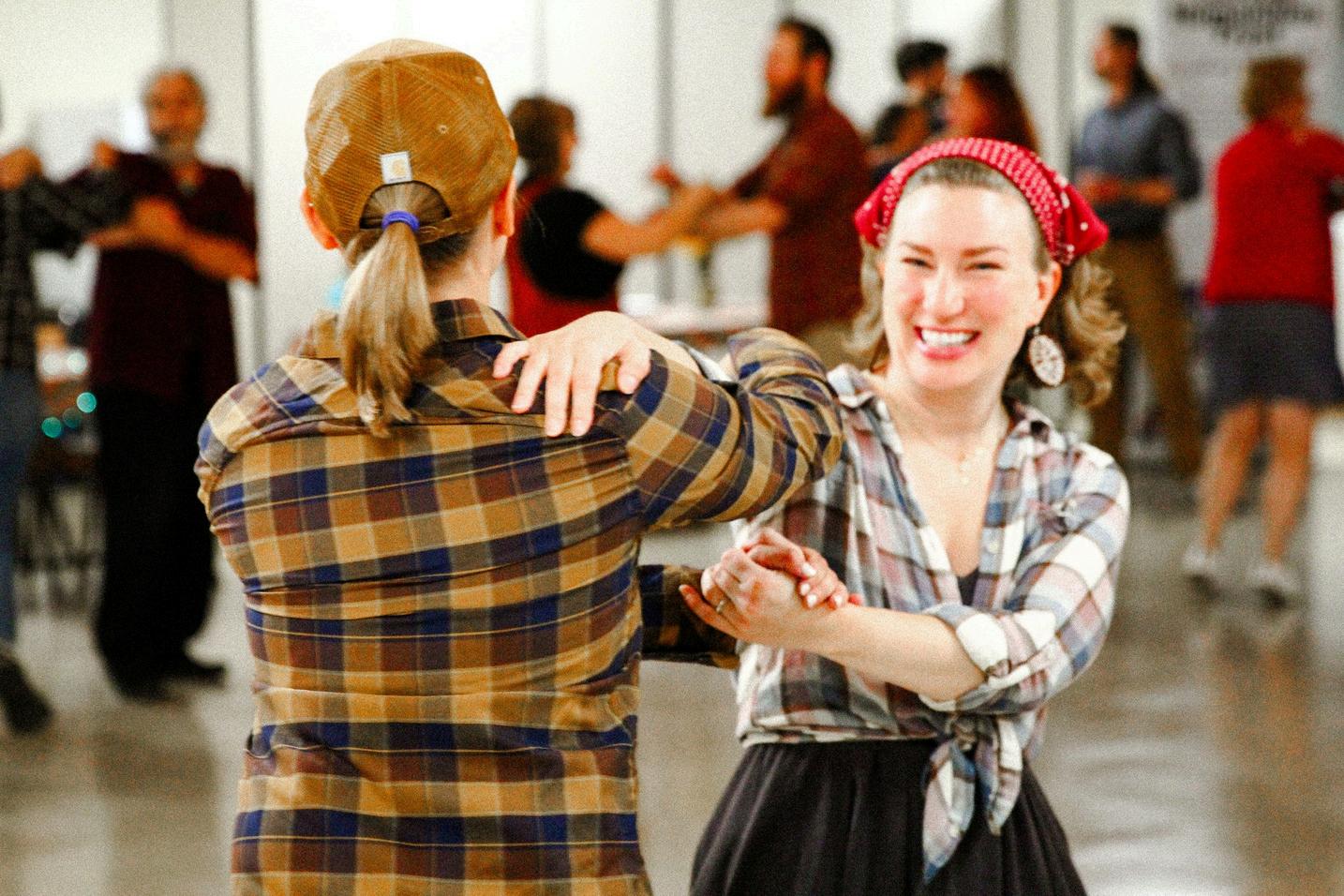
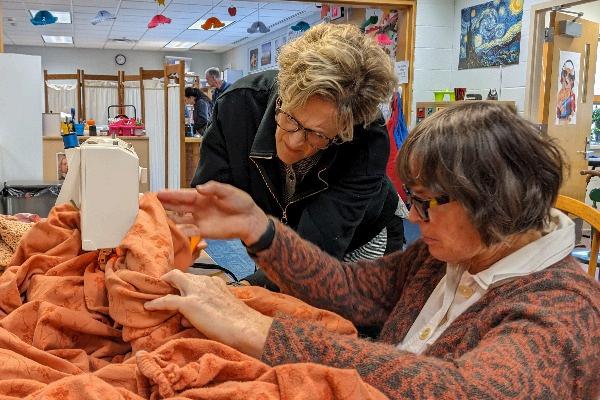

 photo credit: Ely Folk School
photo credit: marine mills folk school, courtesy of Molly Sanford @RepairMinnesota
photo credit: Ely Folk School
photo credit: marine mills folk school, courtesy of Molly Sanford @RepairMinnesota

RESOURCES RESOURCES
Borish, S. (1991). Land of the living: Danish folk high schools and Denmark’s nonviolent path to modernization. Nevada City, CA: Blue Dolphin.
Vicky Eiben, Ed D (Spring 2015) A Brief History of Folk Schools
Creating Communities of Practice - Edmonton Regional Learning Consortium
Folk Schools pictured in report:
John C. Campbell Folk School, NC
Center for Belonging Folk School, IA
Ely Folk School, MN
Shake Rag Alley Center for the Arts, TN
North House Folk School, MN
Olive’s Porch, NC
Marine Mills Folk School, MN
Folk School Fairbanks, AK
Arbutus Folk School, WA
Report compilation and layout Mari Sanborn
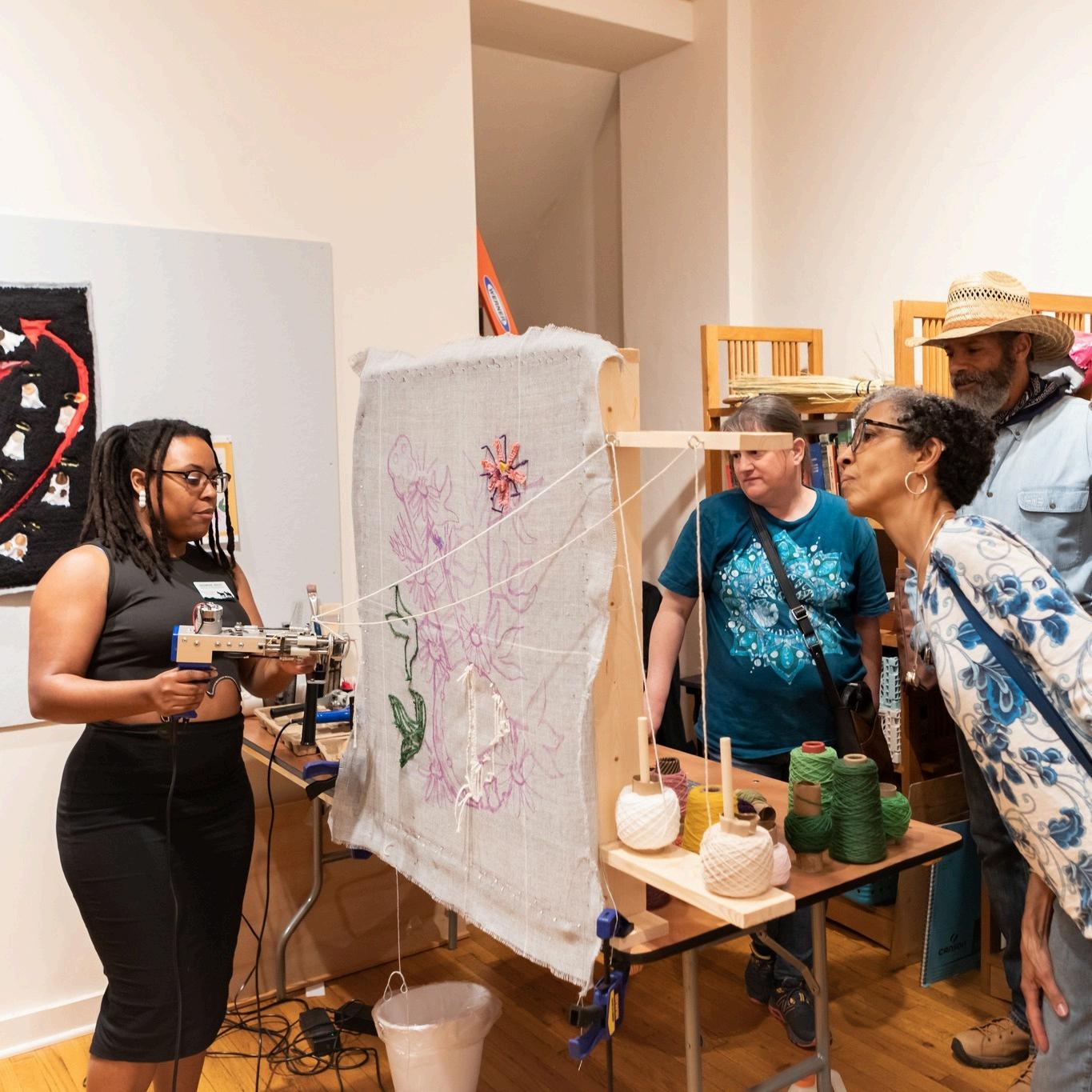



Folk Education Association of America Annual Report
photo credit: Olive’s Porch
































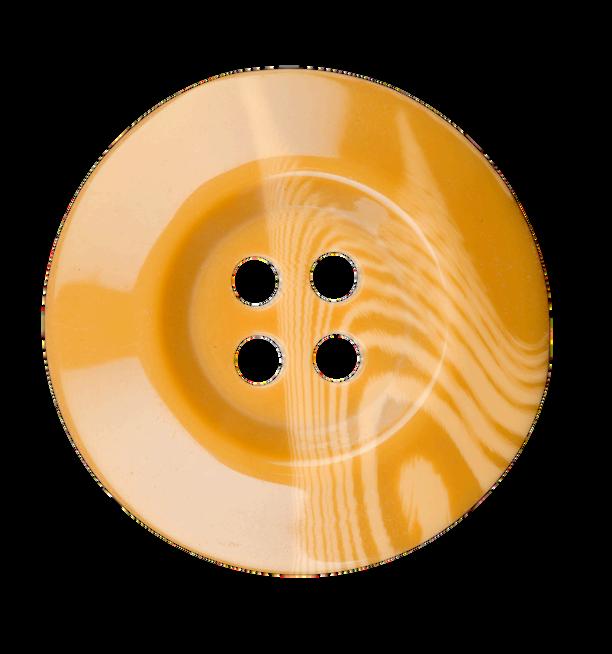


























WWW.FOLKSCHOOLALLIANCE.ORG































































 photo credit: John C Campbell Folk School
photo credit: Arbutus Folk School
photo credit: John C Campbell Folk School
photo credit: Arbutus Folk School










 Jerry Jackson
Jerry Jackson
































